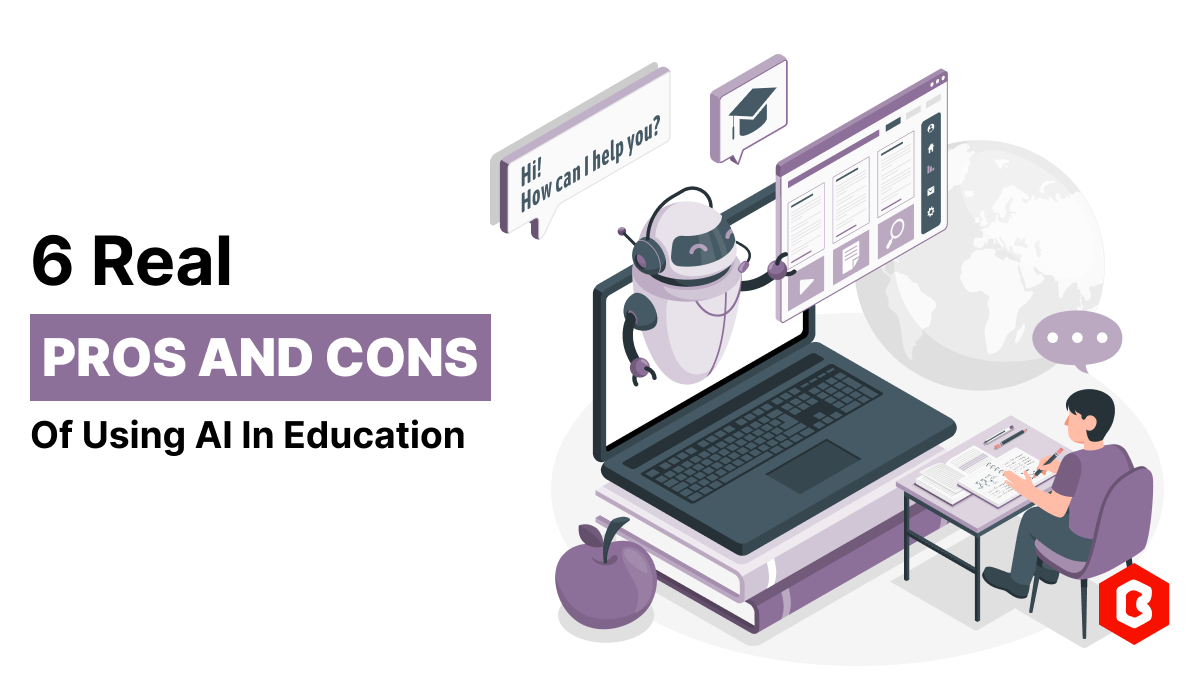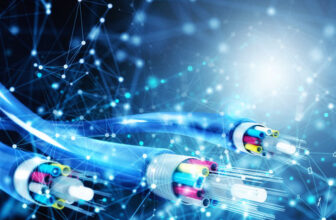
Artificial intelligence (AI) is rapidly transforming various sectors, and education is no exception. While traditional classrooms have dominated for centuries, AI offers exciting possibilities for a more personalized and engaging learning experience.
However, like any new technology, AI in education comes with its own set of pros and cons.
Empowering Personalized Learning
One of the biggest advantages of AI is its ability to personalize learning. AI tutors and adaptive learning platforms can analyze student data to identify strengths, weaknesses, and learning styles. This allows them to tailor the curriculum and pace of instruction to each student’s individual needs. Imagine a student struggling with algebra concepts.
An AI tutor can identify the specific topics causing difficulty and provide targeted practice problems and explanations. This personalized approach can close learning gaps, boost student confidence, and make learning more enjoyable.
-
Enhancing Engagement and Assessment
AI can also transform how students interact with learning materials. Gamification techniques powered by AI can make learning more interactive and engaging. Imagine a history lesson where students participate in a simulated historical event, making decisions and experiencing the consequences.
AI can track their choices and provide feedback, creating a deeper understanding of the historical context. Additionally, AI can automate tasks like grading essays and multiple-choice questions, freeing up valuable teacher time to provide more personalized feedback and focus on higher-order thinking skills.
-
Efficiency and Teacher Support
AI can be a valuable tool for streamlining administrative tasks and supporting teachers. Automating tasks like grading, scheduling, and report generation can save teachers precious time, allowing them to focus on more important aspects of their job.
AI can also provide teachers with real-time data on student progress, enabling them to intervene and provide early support when needed. This can be particularly beneficial for students who may be struggling silently.
Challenges and Considerations
Despite its potential benefits, AI in education is not without its challenges. One major concern is the potential for bias in AI algorithms. If training data for AI tutors or adaptive learning platforms reflects existing biases, it can exacerbate inequalities in education. Ensuring fairness and inclusivity in AI development is crucial.
-
The Human Touch Remains Essential
Another important consideration is that AI cannot replace the human touch in education. While AI can provide personalized learning experiences and automate tasks, it cannot replicate the empathy, emotional intelligence, and mentorship that skilled teachers provide. Fostering critical thinking skills, creativity, and social-emotional development requires human interaction and guidance.
The Future of AI in Education
The integration of AI in education is still in its early stages. As technology evolves, it’s crucial to find the right balance. AI should be seen as a tool to empower teachers and enhance the learning experience, not as a replacement for human educators. By harnessing the power of AI while fostering the irreplaceable role of teachers, we can create a future where education is truly personalized, engaging, and effective for all learners.





